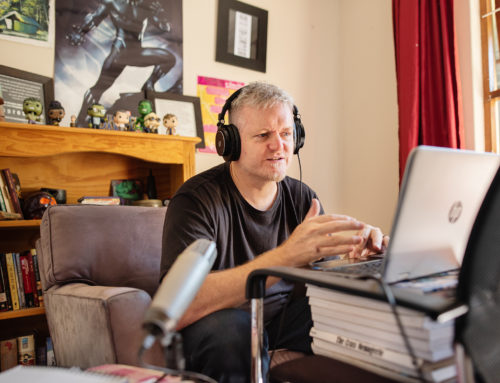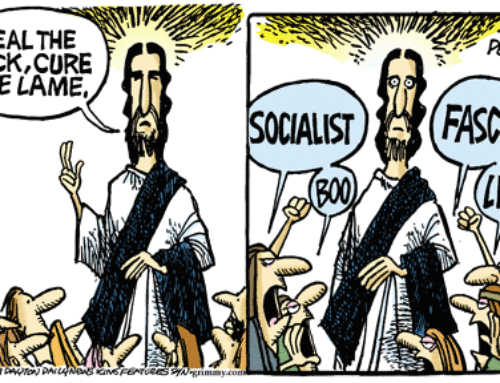Continuing my thoughts and reflections on a weekend spent at Robben Island, i want to remember some of the things that Archbishop Emeritus Njongonkulu Ndungane [who was after Desmond Tutu as Archbishop] shared with us about his time on the island.
We were privileged to get to spend most of a day with this quiet and humble man and hear some stories and thoughts as we walked around the island, visited the jail cells, planted an apple tree to honour Madiba [the apple tree that Mandela had planted died last year as did he, so it felt fitting to honour his memory in that way] and sang and prayed together.
The first thing he said which jumped out at me was this:
Robben Island was hell on earth in our days
i think that is important to remember and hold on to just a little bit.
This was my first visit to the island and so i have not experienced is simply as a tourist or someone going through the typical experience and so it might be different [although watching the busloads of tourists being ferried around the island like a day tour around London that did feel like a less than favourable way to experience it – we were definitely privileged!] but i imagine it becomes quite easy to romanticise the experience.
Got my Nelson jail-cell picture. Got my lime quarry photo. Got my Robben Island ferry selfie. Tick tick tick. Next.
Or even to hear the stories of “the struggle” and the university that Robben Island became with ‘each one, teach one’ which are all incredible things and so many other great stories… but those need to be held alongside what Njongonkulu Ndungane reminded us:
Robben Island was hell on earth in our days
They made the absolute best of a bad situation. But it was a horribly bad situation. Hearing that they had to make concrete and the mixing machines were present but pushed off to the side so that they could mix it by hand. The heat furnace they endured [which i struggled with as a visitor, not as someone who worked barefoot and being beaten in the blazing sun chipping stones or mixing cement!] and the constant abuse and invasive checks. We can only imagine but it was not an easy and fun-filled jubilant time.
Ndungane spoke about wrestling: There is a lot of beauty evident at Robben Island and from the right place you even have a view of Table Mountain. A question they wrestled with, ‘How can a good God, capable of such beauty of creation, allow this suffering?’
It is okay to wrestle. In fact, it is encouraged. Helps keep your faith real.
Some things that helped them keep going while on the Island:
# We knew our cause was just
# We knew there was a good God
# Every evening we sang Nkosi Sikelel’ iAfrika [this was so great to hear – as a group we ended up singing the national anthem outside Nelson Mandela’s prison cell and it was really one of the most moving moments of the weekend for me – knowing that the beginning of our song helped sustain them through the most difficult of times]
Those were some of the highlights for me from the Archbishop’s time with us. We were meant to have another sessions with him and get more opportunity to ask questions and i had one about how he and perhaps others who had been on the island felt about the current state of the government and the country because i thought it would be helpful to hear that from the perspective of one who was incarcerated for the freedom we now perhaps take for granted. But our schedule was a little off and so that opportunity never came.
However, the one other line that jumped out for me from what Njongonkulu Ndungane shared with us, maybe contained deep insight into what the content of that answer might have been. One of his final statements to us was this:
I wish we could bring the spirit of Robben Island to the politics of South Africa
i think that is something we all think and feel. But if it is not coming from the government, then perhaps it is up to us, the people, to take it to the government. To find creative ways of reminding them that the story of our past is not beautifully displayed in our current reality and that we have a long way to go still. But as we join hands and unite, and start to really listen to each other, and as those who have in abundance loosen the grip on their stuff and look to redistribute so that the wealth of this land can be shared by all, then we will be much closer to seeing that become a reality.
[For the next part of our journey, featuring some brief gems from the weekend, click here]








Leave a Reply